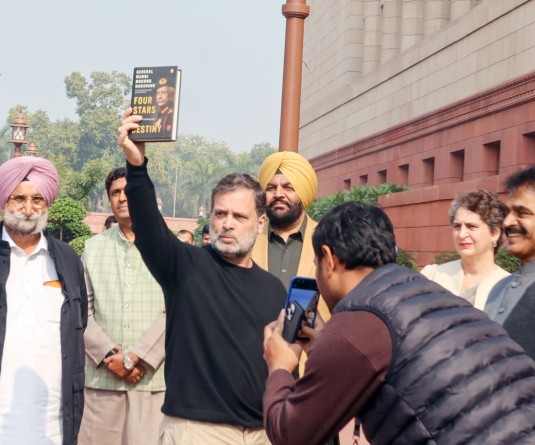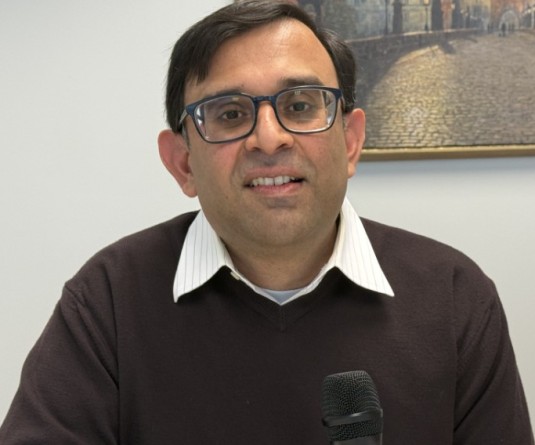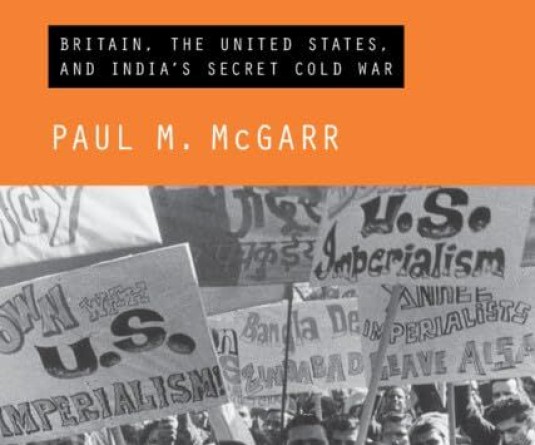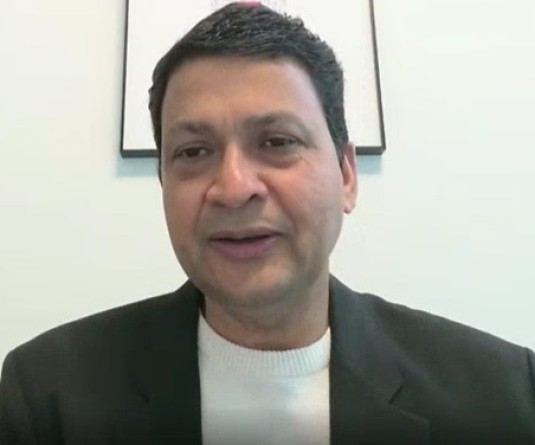S Jaishankar (Photo | PTI)
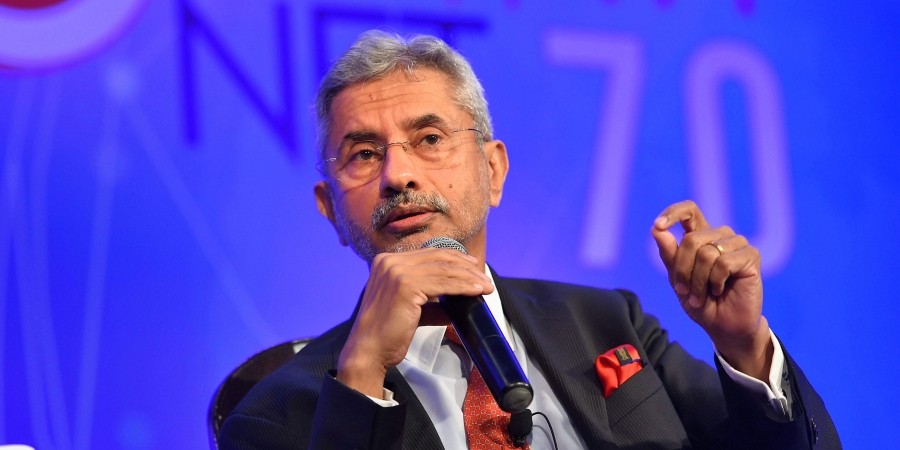
New Delhi, March 26 (PTI): External Affairs Minister S Jaishankar on Friday said that in many ways China is a "challenging neighbour" for India and that he has always seen lessons from that country's growth.
Speaking at the India Economic Conclave, he also described as "sensible" the recent agreement between the director-generals of military operations of India and Pakistan to adhere to the 2003 ceasefire along the Line of Control in Jammu and Kashmir.
"We always wanted normal neighbourly relations with Pakistan. Everybody knows what that means. If there are trends in that direction, of course, I would welcome it," he said.
Asked during the interaction on whether India will engage with the Taliban, Jaishankar noted that it would like to clearly see a sovereign democratic and inclusive Afghanistan that takes into account the interests of its minorities.
"There is something called the peace and reconciliation process and everybody else is saying that the Taliban is reaching out and changing etc. Let us wait and watch,' he said.
To a question whether China has become indispensable to economic calculations, Jaishankar said the Chinese have a salience in the global economy.
"I do not think anybody can deny it. I think one needs to appreciate what they have done to their national capabilities in the last 40-odd years," he said.
He said the Chinese in many ways, starting with then US President Richard Nixon and former US Secretary of State Henry A Kissinger, had "outthought" the West, adding "not just them but their successive generations."
"And not just America, the West as a whole which explains why they are where they are today," he added.
At the same time, Jaishankar noted that it would be difficult to say what will happen in the future as there are a lot of "contradictions and frictions" out there today.
"But when it comes to us, we need to ask ourselves: so we have this neighbour who has done spectacularly well. So do we just stand there with our hands in our pocket and marvel at what they have done or do we say this is an inspiration, I need to also strengthen my competitiveness and my capabilities and so on," he said.
Jaishankar clarified that his comments are not a political statement and that it is an international relations or even a domestic governance observation.
"We were about the same size of economy when Rajiv Gandhi went to China in 1988 and look at the difference today. So for me I have always seen lessons in China's growth," he said.
"To me, in many ways, yes China is a neighbour and it is in many ways a challenging neighbour," he added.
Following a series of military and diplomatic talks, India and China completed withdrawal of troops and weapons from the North and South banks of Pangong lake in line with an agreement on disengagement last month. The two countries were locked in a tense border standoff since May 5 last in eastern Ladakh.
Asked whether the agreement between the DGMOs of India and Pakistan and the talks between Indus commissioners of the two sides were a sign of thaw in ties, Jaishankar said, "I think the agreements between the DGMOs is a sensible agreement because I don't think Pakistan either did themselves or us good by encouraging or facilitating infiltrators and terrorists across the Line of Control and the IB (international border).
When pressed whether these are positive developments, Jaishankar said '' yes".
Jaishankar confirmed that he was travelling to Tajikistan capital Dushanbe to attend the 'Heart of Asia' conference but did not give a specific reply to questions on whether he will meet his Pakistani counterpart Shah Mahmood Qureshi on the sidelines of the event.
"My scheduling is in progress. So far I do not think any such meeting (is scheduled)," he said.
The Heart of Asia conference is scheduled to take place on March 30.
The external affairs minister identified infrastructure, manufacturing and education as some of the key sectors for India and listed steps taken by the government in these areas.
On the coronavirus crisis, the minister said it challenged almost all across the world, noting that India has done well in dealing with the pandemic.
"There would be very very few examples where a government or the leader of the government come out stronger after Covid. We are one of them. So we must have done a few things right," he said.
When asked whether governments in the sub-continent, particularly India, have become more authoritarian following the pandemic as alleged in some quarters, he strongly rejected such views and apprehensions.
The external affairs minister said the state fulfilled its responsibility of ensuring food and healthcare to millions of people following the pandemic.
"One of the many false debates we are having is that somewhere the Covid would be used for crackdown etc. I think the reality is completely different," he said.
Jaishankar also added: "There is a larger point. Somewhere liberty and freedom is not about bad governance and letting things sort of go around on their own....I cannot find a better word. I would say that is a very 'jhola-wala' attitude to the realities of life."
He also talked about the approach of various countries in global vaccine supplies and listed how India supplied them to over 75 countries.
"Lot of people are saying vaccine nationalism, but I would say it's vaccine self-centeredness because a lot of people are focusing on their own needs and there is nothing wrong with that but sometimes to the exclusion of others," he added.
"What we have done with vaccines is a message to the world, it's a message to the neighbourhood," he said.
India supplied more than 60 million doses of Made-in-India vaccines to over 75 countries including through COVAX which is a global initiative aimed at equitable access to COVID-19 vaccines.
The external affairs minister said "absolutely" when asked whether domestic demand was the government's top priority.
He also mentioned that the domestic demand for vaccines is going to go up as the government already announced that people who are 45 and older will be vaccinated from April 1.
"So in many cases, we have told our international partners that look Covid rates are going up in India; we are expanding our own vaccination ambit and so we are sure you will understand that," he said.


